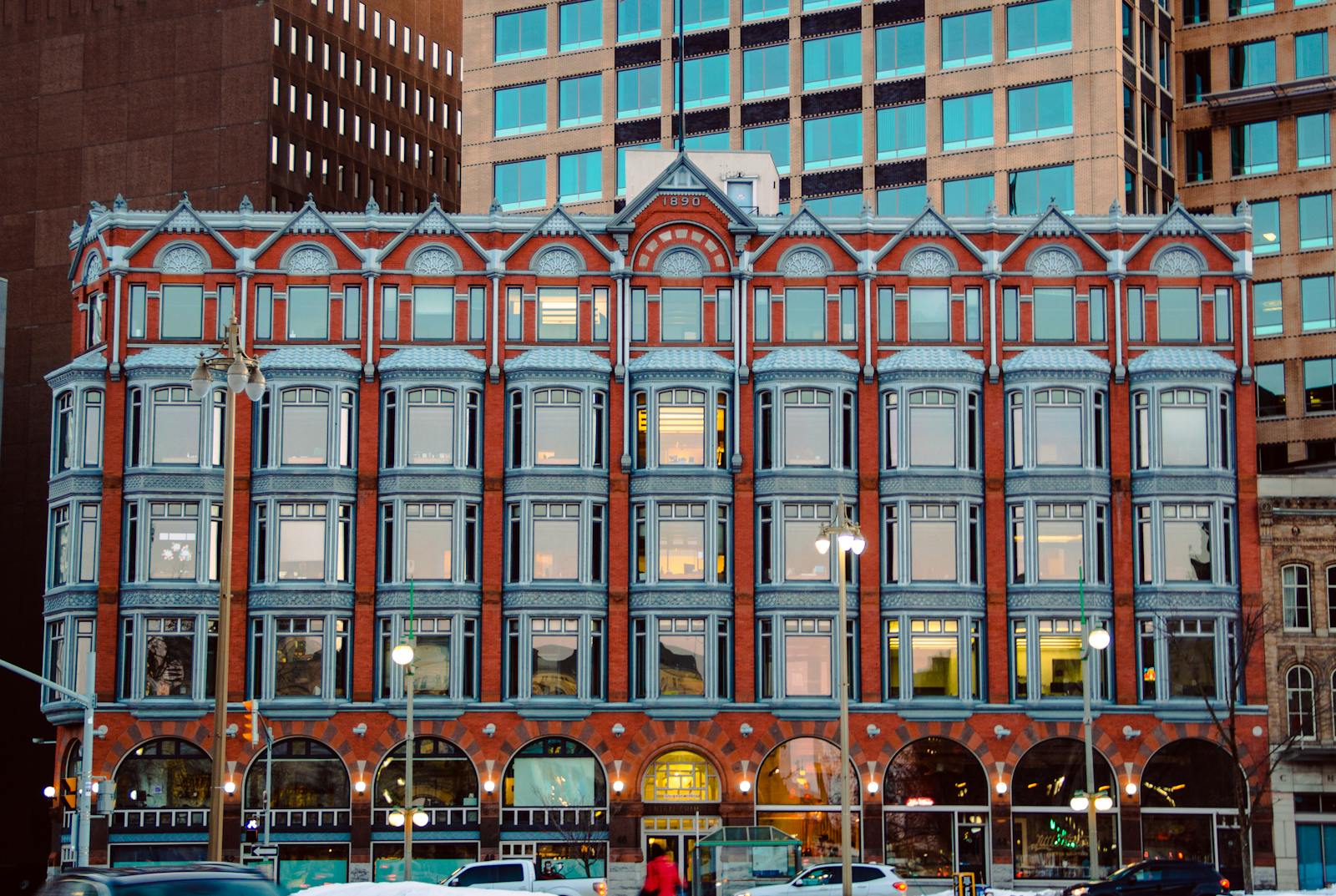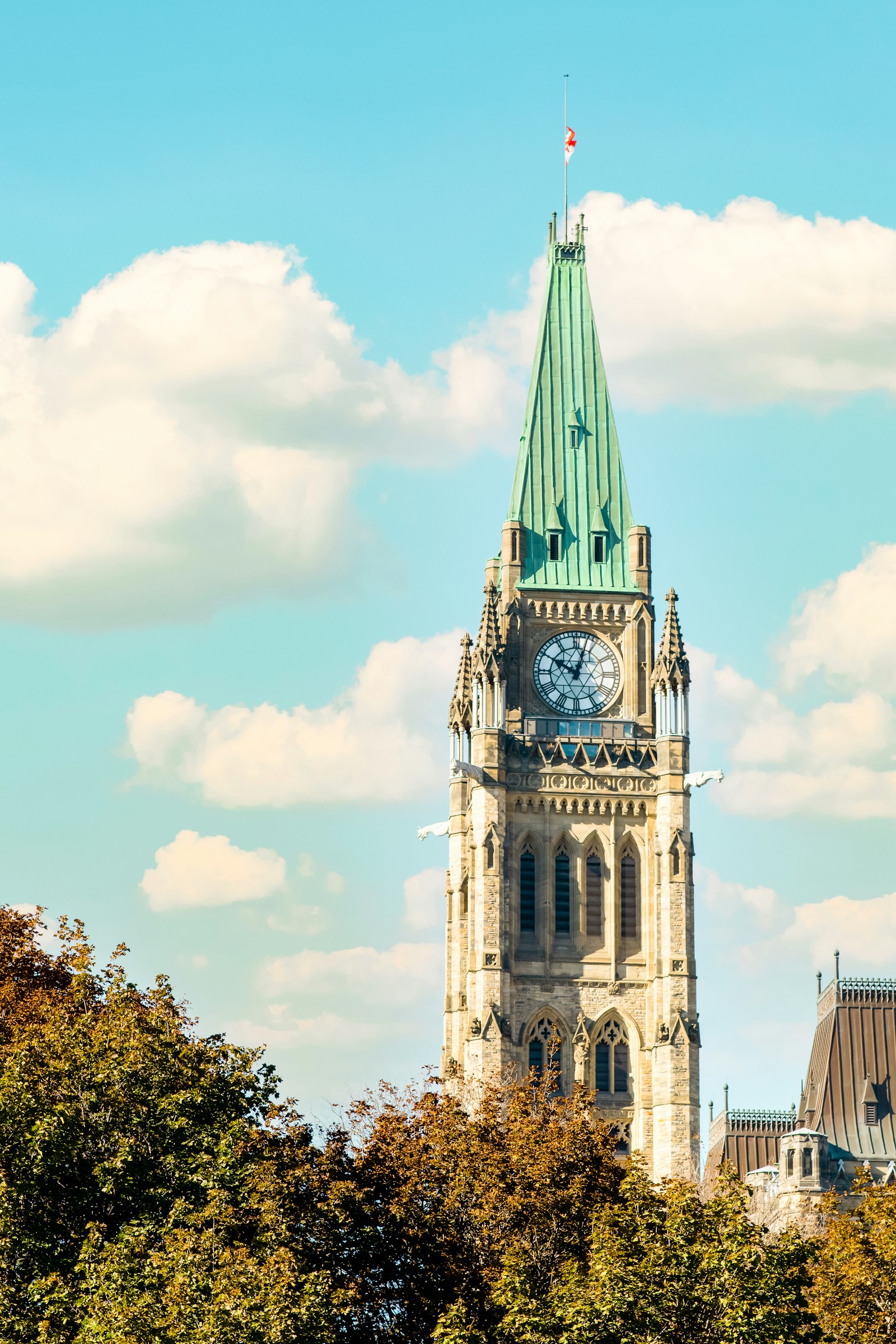One of the most common questions Ottawa buyers ask in 2026 is also one of the most misunderstood:
How much down payment do I actually need to buy a home?
Between minimum rules, lender guidelines, and real-world affordability, the honest answer isn’t a single number. This guide breaks down down payment requirements in Ottawa in 2026 so you can plan realistically — without myths or pressure.
The Minimum Down Payment Rules (Canada)
In Canada, the minimum down payment depends on the purchase price:
5% on the first $500,000
10% on the portion between $500,000 and $999,999
20% for homes $1,000,000 and over
Most first-time buyers in Ottawa fall into the first two categories.
Minimum vs Smart Down Payment
Just because you can buy with the minimum doesn’t mean you should.
A minimum down payment:
Gets you into the market sooner
Requires mortgage default insurance
Results in higher monthly payments
A larger down payment:
Lowers monthly costs
Improves lender approval odds
Provides a financial buffer
The right choice depends on your income stability and comfort level — not outside pressure.
Typical Down Payment Scenarios in Ottawa (2026)
While every buyer is different, many Ottawa buyers fall into these ranges:
5–7%: Entry-level buyers prioritizing ownership
10–15%: Balanced approach between affordability and stability
20%+: Buyers focused on long-term cost efficiency
Each range comes with trade-offs in cash flow and flexibility.
What About First-Time Buyer Incentives?
Some buyers qualify for programs that help reduce upfront pressure, including shared equity or tax credits.
These can help — but they don’t replace the need for:
Closing costs
Emergency savings
Ongoing affordability
Programs should support a solid plan, not stretch it.
Don’t Forget Closing Costs
Many buyers focus on the down payment and forget the rest.
Budget for:
Land transfer tax (if applicable)
Legal fees
Title insurance
Adjustments and inspections
A safe rule is to keep 1.5–3% of the purchase price aside beyond your down payment.
Down Payment vs Monthly Comfort
Two buyers with the same down payment can have very different experiences.
Consider:
Your income stability
Other debts
Lifestyle costs
Emergency savings
Buying should leave you comfortable, not stressed.
Condo vs Freehold: Down Payment Differences
While minimum rules are the same, condos often:
Require less upfront cash due to lower prices
Carry condo fees that affect monthly affordability
Freehold homes:
Require more upfront capital
Avoid monthly condo fees
This is why down payment decisions should never be made in isolation.
So, How Much Do You Need?
The right down payment is the one that:
Gets you approved comfortably
Leaves emergency savings intact
Fits your long-term plan
There is no prize for putting down more — or less — than makes sense for you.
Want a Personalized Down Payment Plan?
Online calculators don’t account for Ottawa-specific pricing, condo fees, or lender preferences.
If you want a realistic down payment target based on your income, goals, and neighbourhood, a personalized breakdown can make the path forward much clearer.
Happy to walk through the numbers and help you plan confidently.





